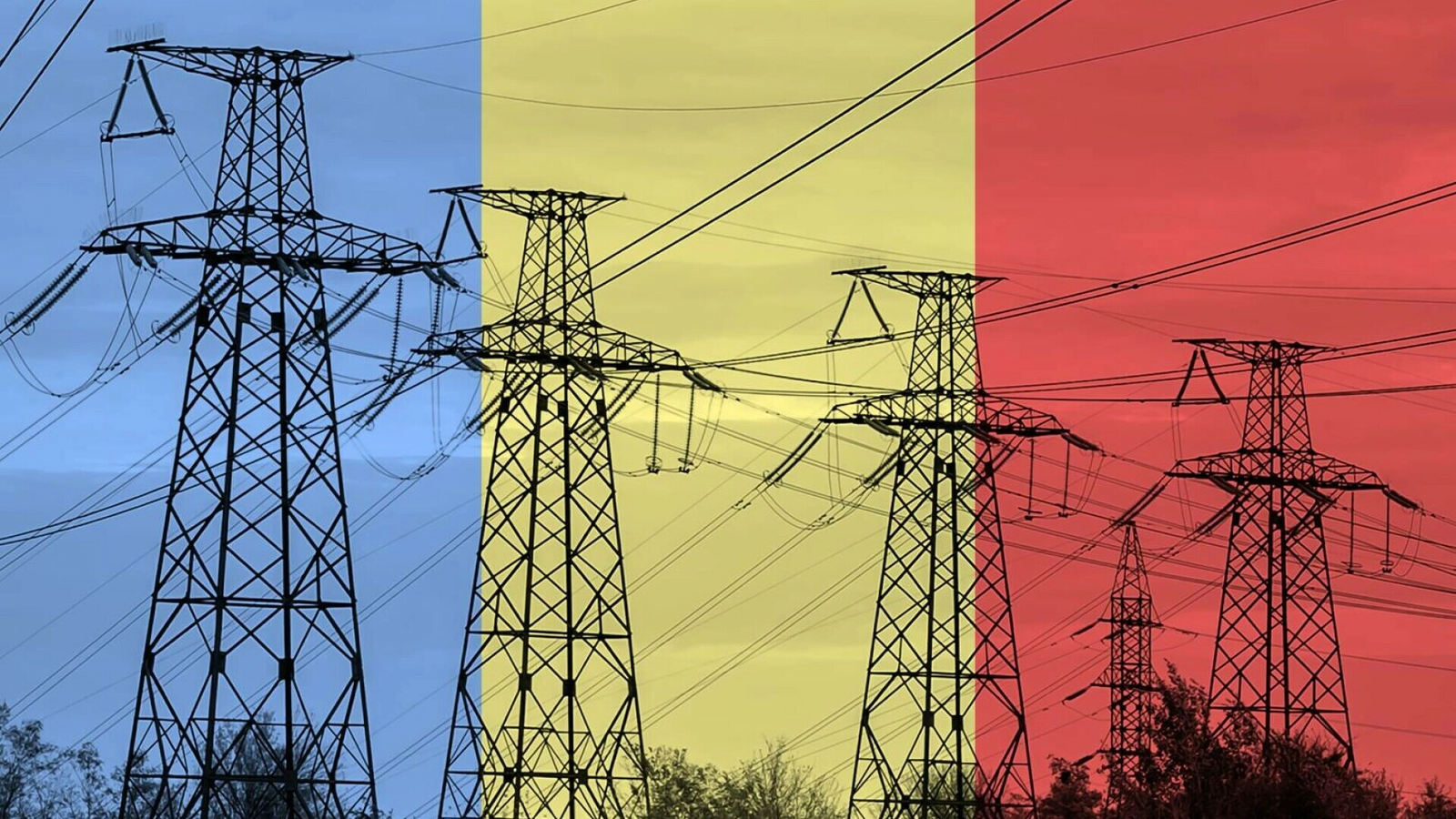The ordinance that enshrines the legal and operational status of energy communities is probably the most progressive legislative act ever adopted in the energy field in Romania, believes the Association of Energy Prosumers and Communities in Romania (APCE).
"Emergency Ordinance no. 59/2025 is probably the most progressive legislative act ever adopted in the field of energy in Romania. By transposing the European Directive RED III, this normative act brings the most extensive and favorable legal framework so far for the liberalization of production, transport and the formation of energy communities in our country. EGO 59/2025 enshrines the legal and operational status of energy communities, guarantees fair access to the market and to support schemes, promotes social inclusion through differentiated prices and open participation, and offers a solid basis for sustainable local development through self-consumption, storage and energy cooperation," a press release from the APCEP reads.
According to the cited source, a great legislative achievement is the clear definition of energy communities - structures that can produce, consume, store and even transport energy at a local level.
Thus, GEO 59/2025 introduces for the first time the concept of Energy Community in Romanian legislation and liberalizes production and transport within these communities. Thus, energy reaches the hands of homeowners, entrepreneurial mayors and those who want to independently manage their energy resources, argues APCE.
At the same time, prosumers can capitalize on their surplus electricity monthly and at decent prices, through these communities.
The association also specifies that through this normative act, renewable energy and related infrastructure are placed at the level of national strategic interest, given the provision according to which "the construction and operation of power plants producing energy from renewable sources, their connection to the grid, the related network and storage units are considered projects of national importance in the field of electricity, for the purpose of achieving national security, public health and safety".
On the other hand, however, APCE emphasizes that the adoption of this ordinance does not come by chance because Romania was under the threat of an infringement procedure for not adopting the RED III Directive and risked losing over 500 million euros from the PNRR, funds intended for energy communities.
"Romania remained the last bastion in Europe that maintained a monopoly on energy production and transport, a fact visible in the ever-increasing bills paid by citizens and companies. Romania produces too little energy, at high costs, with high losses on outdated, unmodernized and unmaintained networks. OUG 59/2025 comes to change this paradigm, bringing energy closer to people, communities and local administrations," the cited document also states.
The press release also presents the main novelties brought by GEO 59/2025 for energy communities. Thus, they are officially recognized through the establishment of the National Register of Energy Communities, managed by ANRE. The authorities will be obliged to eliminate administrative and regulatory obstacles that hinder the development of self-consumption and energy communities, and distribution operators must install smart meters with priority for community members.
All consumers, including vulnerable households, can be part of communities, and communities can offer them preferential tariffs.
ANRE will regulate the use of storage units and the participation of communities in network services.
The regulatory act simplifies procedures for NGOs and condominiums, and these forms will be able to become energy communities without a supply license, if they produce exclusively for self-consumption.
"Romania now has a correct law, aligned with European norms. We will not allow this historic chance for energy communities to be compromised by bureaucratic practices and group interests of energy companies contrary to the European spirit," the APCE press release signed by Dan Pirsan, the organization's president, states.
































Comentează